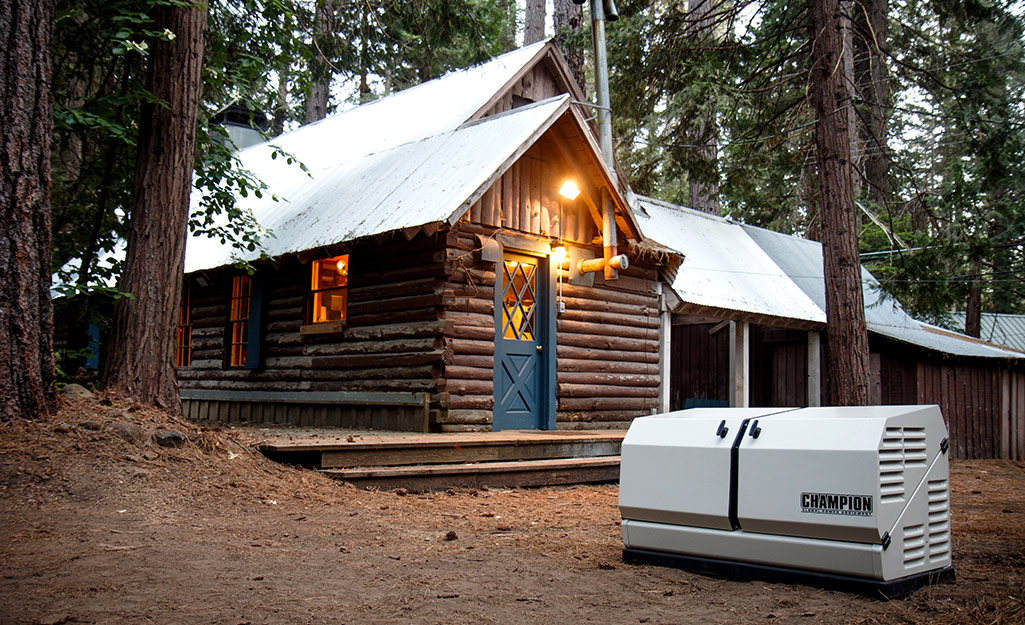3 Facts You Should Know Before Generator Installation

An outage can cause electrical equipment to shut down unexpectedly. Sustained outages can affect employee productivity, and eventually your bottom line. Every business needs a commercial generator that can provide backup power when the business is hit by a power outage. The right generator for your business can assist you in ensuring continued operation, helping keep downtime to a minimum.
Before you install a commercial generator, check out these facts.
Types of Commercial Generators
Some common types of commercial generators include diesel generators, natural gas generators, and propane gas generators. Diesel generators are known for their durability and ruggedness. These heavy-duty generators are relatively easy to maintain and usually more affordable than other types.
Natural gas generators are cost-effective and easy to operate. They emit less carbon than diesel generators and are also a lot quieter than them.
Propane gas generators offer more benefits than diesel and natural gas generators. Considered a clean-burning fuel, propane is readily available. A propane generator can, therefore, help reduce the carbon footprint of your business. Unlike gasoline, propane does not evaporate or degrade, and can last up to 30 years in storage.
Parts of a Commercial Generator
A generator consists of several parts that work together to convert mechanical energy from an external source to electrical energy. The main components of a commercial generator are the alternator, engine, fuel system, voltage regulator, exhaust, and battery.
➢ Alternator: The alternator of a commercial generator converts mechanical energy into electrical energy.
➢ Engine: The generator engine is where chemical energy is converted into mechanical energy.
➢ Fuel System: The fuel tank holds fuel.
➢ Voltage Regulator: The voltage regulator in a commercial generator helps maintain a constant voltage.
➢ Cooling and Exhaust System: When a generator is used continuously for a long time, its parts can heat up. The cooling and exhaust system prevents heat-related damage by helping regulate the internal temperature to prevent overheating.
➢ Battery: The battery of a commercial generator provides the power the machine needs to start.
Generator Installation Tips
Installing a generator is often not as straightforward as it may seem. Improper generator installation in North Bay can affect your generator’s performance and shorten its lifespan. An improperly installed generator can explode, injuring you or other people in your building.
Follow these tips to install your generator properly.
➢ Install your generator outside. If you install your generator indoors and it emits smoke or carbon monoxide, the building users can experience breathing difficulties and other problems.
➢ Follow local building codes, fire codes, and local emission regulations when installing a generator.
➢ Be sure to place a pad under your generator. Place your generator in an enclosure to protect it from the elements.
Choosing Generator Location: Avoid placing your generator near windows, doorways, and soffit vents, or under an overhang or in recesses blocked by vegetation. Another factor to consider when deciding where to locate your generator is access for the maintenance team and refueling truck. Never locate your generator on unstable ground or in a place where gasses can accumulate.
CORE Electrical Services, Inc. is a renowned commercial and industrial electrical contractor in Northern California. Our expertise allows us to easily manage complex, multifaceted commercial generator installation projects. To request a quote, call (707) 687-5083.
